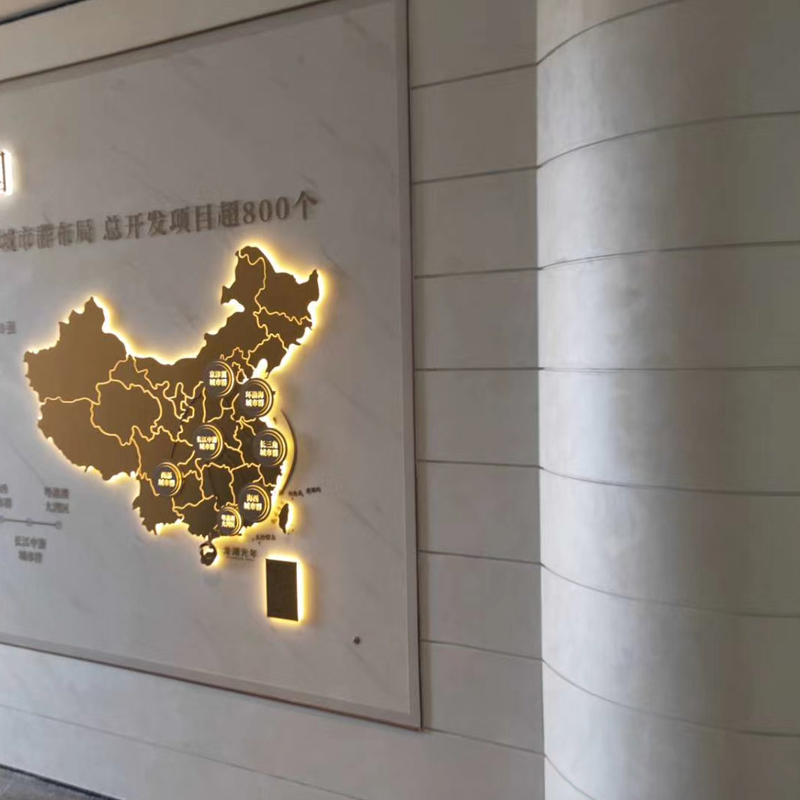

An Artificial Stone Wall is a man-made decorative surface designed to mimic the appearance of natural stone. Crafted from materials like concrete, resin, or lightweight aggregates, it offers a cost-effective and versatile alternative to traditional stone masonry. These walls are popular in both interior and exterior applications, providing aesthetic appeal with minimal maintenance. Available in various textures, colors, and patterns, artificial stone walls can replicate slate, limestone, or brick finishes. They are easy to install, durable, and often used for feature walls, garden landscapes, or commercial spaces. Their lightweight nature reduces structural load while delivering a high-end, rustic or modern look.
Artificial stone walls have become a popular choice for both interior and exterior applications due to their durability, aesthetic appeal, and cost-effectiveness. Here are 4 to 6 key characteristics of artificial stone walls, supported by professional data:
Lightweight Construction: Artificial stone walls are significantly lighter than natural stone, with an average weight of 12-18 kg/m², compared to natural stone's 30-50 kg/m². This reduces structural load and simplifies installation.
High Durability: These walls exhibit exceptional resistance to weathering, with a compressive strength of 35-50 MPa and a water absorption rate below 5%, ensuring long-term performance in various climates.
UV Stability: Premium artificial stone maintains color consistency with a UV resistance rating of 7-8 on the Blue Wool Scale, preventing fading for 15-20 years under normal exposure conditions.
Thermal Efficiency: The material provides improved insulation with a thermal conductivity of 0.3-0.5 W/m·K, contributing to energy savings in building applications.
Fire Resistance: Most artificial stone products achieve a Class A fire rating, withstanding temperatures up to 1200°C without structural failure.
Design Flexibility: Available in thicknesses ranging from 20-50 mm with texture depths of 3-15 mm, allowing for diverse architectural expressions while maintaining a realistic stone appearance.
The combination of these technical attributes makes artificial stone walls an ideal solution for modern construction projects, offering the aesthetic qualities of natural stone with enhanced performance characteristics. Manufacturers continue to innovate, with new formulations achieving even greater sustainability and lifelike textures.
1. Residential Architecture
Artificial stone walls are widely used in modern homes for both interior and exterior applications. They enhance curb appeal as exterior facades or create rustic, elegant accents in living rooms, fireplaces, and feature walls. Their lightweight nature makes them ideal for renovations without structural reinforcement.
2. Commercial Spaces
Hotels, restaurants, and retail stores utilize artificial stone walls to craft premium atmospheres. They serve as striking backdrops for lobbies, bars, or product displays, offering durability against high foot traffic while maintaining aesthetic consistency with designs ranging from industrial to Mediterranean.
3. Landscape Design
In outdoor environments, artificial stone walls function as retaining walls, garden borders, or water feature surrounds. Weather-resistant varieties mimic natural stone while providing superior drainage and erosion control, ideal for terraced gardens or poolside hardscapes.
4. Public Infrastructure
Municipalities deploy artificial stone for bridges, tunnels, and historical site restorations. The material’s moldability allows replication of heritage textures while meeting modern safety standards, reducing maintenance costs compared to natural stone in high-wear public areas.
Q: What is an artificial stone wall?
A: An artificial stone wall is a decorative or structural wall made from manufactured materials like concrete, resin, or fiberglass, designed to mimic the look of natural stone.
Q: How durable are artificial stone walls?
A: They are highly durable, resistant to weathering, and often lighter than natural stone, making them ideal for both indoor and outdoor applications.
Q: Can artificial stone walls be customized?
A: Yes, they come in various colors, textures, and patterns, allowing for customization to match different architectural styles.
Q: Are artificial stone walls easy to install?
A: Compared to natural stone, they are easier to install due to their lightweight nature and uniform shapes, often featuring interlocking designs.
Q: How do you maintain an artificial stone wall?
A: Regular cleaning with water and mild detergent is usually sufficient. Avoid harsh chemicals to preserve the finish.
Q: Are artificial stone walls eco-friendly?
A: Many are made from recycled materials and require fewer resources to produce than natural stone, making them a sustainable choice.